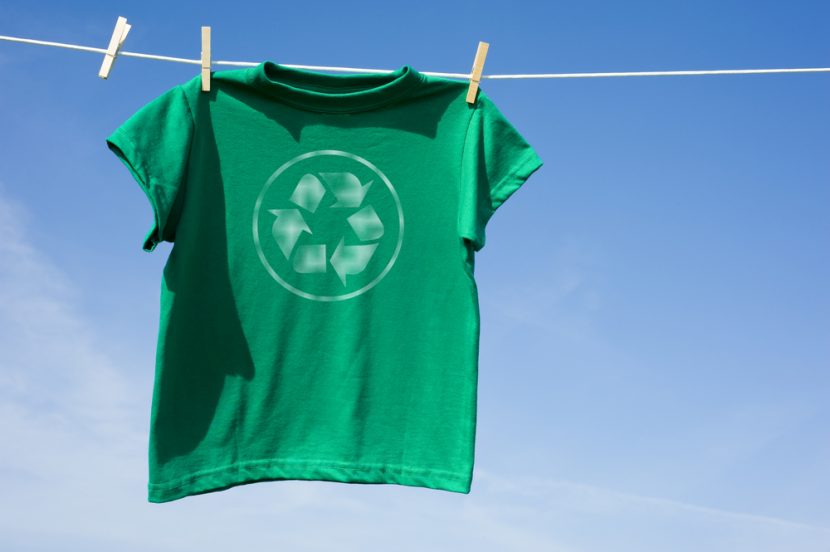Check out our 5 tips for reducing your impact on the environment while doing laundry!
We all have chores to do almost every day. From grocery shopping to dishwashing, we make choices that can have a positive impact on the environment. It only takes a couple of good habits and small changes in our everyday routine to become an environmental champion and reduce our carbon footprint and environmental footprint. On this weekly blog, we would like to share 5 simple tips that can help you reduce your environmental footprint while doing laundry:
- Use Eco-friendly detergents: all detergents end up in sewage. Sewage usually ends up in rivers, lakes or the ocean. Even where there are treatment plants, harmful chemicals can have a horrible impact on the environment. There are several brands that are eco-friendly and made with natural ingredients which minimize these negative impacts.
- Use cold water: using cold water will decrease your carbon footprint significantly. It takes a big amount of energy to heat water up. Also, as we saw in previous blogs, thermal water pollution is also a big issue to natural ecosystems. Using cold water will decrease your impact on the environment.
- Air dry your clothes: any appliance which produces heat or temperature exchange is by definition consuming energy. As most of our energy worldwide is still generated via teh burning of fossil fuels, then reducing our energy use by air drying clothes saves money, reduces your CO2 emissions and saves you money as well!
- Use clothes with natural fibers: our clothes shed fibers when washed. If we only purchase clothes made with natural fibers, then we are not introducing harmful substances into the environment. Microplastics can also derive from laundry and are very harmful to aquatic life and humans beings as well.
- Use dry cleaning sparingly: many drycleaners use harmful chemicals. Try to use eco-friendly dry cleaning when you can, although this service will always have some degree of impact on teh environment and is best avoided when possible.
Source: lifehacker.com


